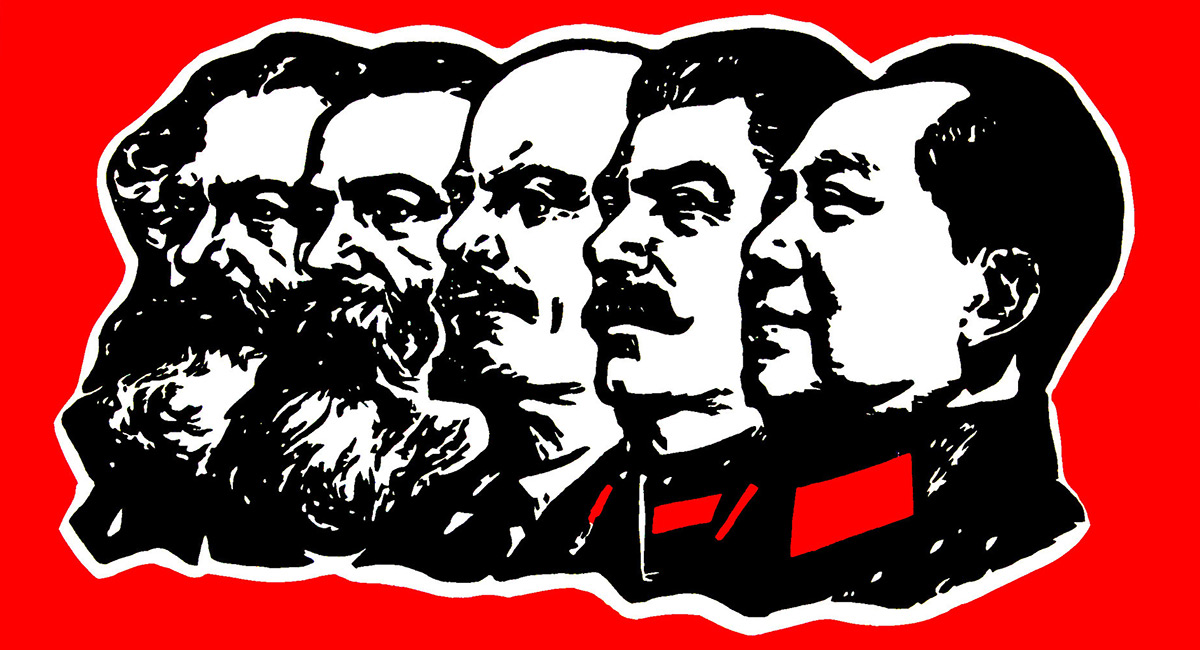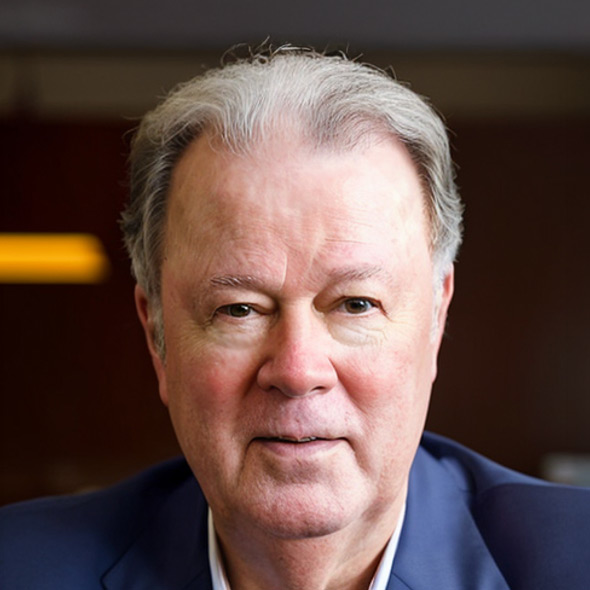This is my first in a series on why we need to hear more from economists and less from non-economists—especially on economic topics.
- Part 1: Socialism
- Part 2: Racism
- Part 3: Taxes
- Part 4: Environment
If a history professor asserted that black holes don’t exist, would anyone pay any attention to him? What about an English professor who advocates Lamarckian evolutionary theory over Darwin? How about a sociologist who believes in alchemy?
What if these folks didn’t just have weird beliefs, what if they taught these ideas in their classes? What if they wrote articles and books and gave public speeches extoling them?
The answer is obvious. They would be dismissed as kooks.
And much more. On a typical university campus, the physics department would probably demand that the history professor stop spouting fake physics or be fired. The biology department would react the same way to the espousal of fake biology.
In fact, on most campuses almost every academic discipline would try to protect its turf a well as the scientific integrity of its discipline.
With one exception: economics.
Over my long experience with the academic world, I have often marveled at the fact that people who had never had a course in economics, had never read a book on the subject, who wouldn’t know what to do with a supply and a demand curve if they saw them—nonetheless feel free to speak with authority on economic topics.
If you search the economics departments of our nation’s colleges and universities you would be hard pressed to find a real socialist. That’s because economists know a lot about socialism. They have been studying it and thinking about it for over a hundred years.
Outside economics departments, things are different. It has often been humorously estimated that there are more Marxists on the faculty of American universities than there are in Russia or China today.
How is that possible? I blame the economists.
Economists have not only documented the failure of socialism in the Soviet Union and China, they know why the Cuban, North Korean, and Venezuelan economies are basket cases. It isn’t complicated. When people at the top design a plan in which everybody who is needed to carry it out has an economic self-interest in not doing so, the plan never succeeds. Good economics is often plain common sense.
Serious scholars have also documented the human costs of concentrating economic and political power. Socialist hellholes have produced imprisonment, torture, starvation and mass murder on a scale never before imagined in human history. In the 20th century, almost 170 million people were killed by their own governments. These people were not killed in wars. They were the victims of genocidal murder.
The vast majority were murdered by socialist governments. The Russian communists were the worst (62 million) followed by the Chinese communists (35 million) and then the Nazi national socialists (20 million).
Although socialists claim that workers are exploited under capitalism, no greedy capitalist has ever begun to match what socialists have done.
Josef Stalin, Mao Tse Tung, Fidel Castro and Hugo Chávez lived like kings and accumulated vast fortunes while their own people often faced starvation. Kim Jong-un and the current rulers in Cuba and Venezuela are following in their footsteps
Chinese communist leader Mao Tse-tung was the greatest mass murderer in world history, causing at least 45 million people to be worked, starved or beaten to death. When he died, he was worth an estimated $1 billion.
The world’s second greatest mass murderer, Josef Stalin, killed 20 million, many by forced starvation. Some regard him as one of the wealthiest people of all time.
Fidel Castro’s former bodyguard Juan Reinaldo Sánchez says that the communist leader “lived like a king” and “ran the country the country like a cross between medieval overlord and Louis XV.” While ordinary Cubans stood in breadlines, Castro had his own private yacht and his own private island. In Havana, he lived in an immense estate with a rooftop bowling alley, a basketball court and fully equipped medical center.
The puzzle is: Why aren’t these facts better known? The answer seems to be: In the classes where students should be learning them, the teachers aren’t doing their jobs.
While students are getting a daily dose of socialist propaganda from economic know-nothings in the other social science departments, what have the economists been saying about the subject in their classes? Nothing. Well, almost nothing.
Pick up just about any introductory economics textbook and you will find very little about socialism. And what you do find will never be front and center. It will be stuck at the back of the book in case the instructor has time to cover it at the end of the semester.
The reason for this is understandable. Most economics teachers consider socialism to be so completely dysfunctional, they see no reason to spend any time on it.
Here is what the economics departments are missing. Given the economic nonsense that is being spewed out all over the rest of the campus, the first things students need to study in introductory economics is socialism. In fact, I believe the entire first semester should be devoted to socialism.
What starts on the campuses doesn’t take long to spread. Jane Fonda, Barbra Streisand and other Hollywood celebrities don’t think they need to know anything about economics in order to have strong opinions on the subject.
When is the last time you heard Streisand quote Paul Samuelson or Milton Friedman or any economist? With increasing frequency, in a very large part of the national public policy conversation, professional economists are considered completely irrelevant.
To use a military analogy, the economists have left the battlefield, leaving the students behind to fend for themselves. The nation is paying a heavy price for that less-than-honorable retreat.












